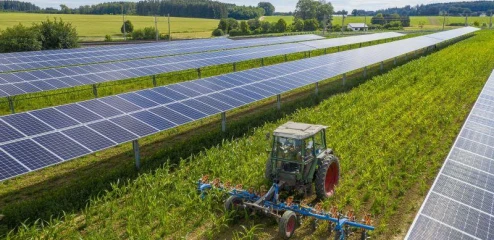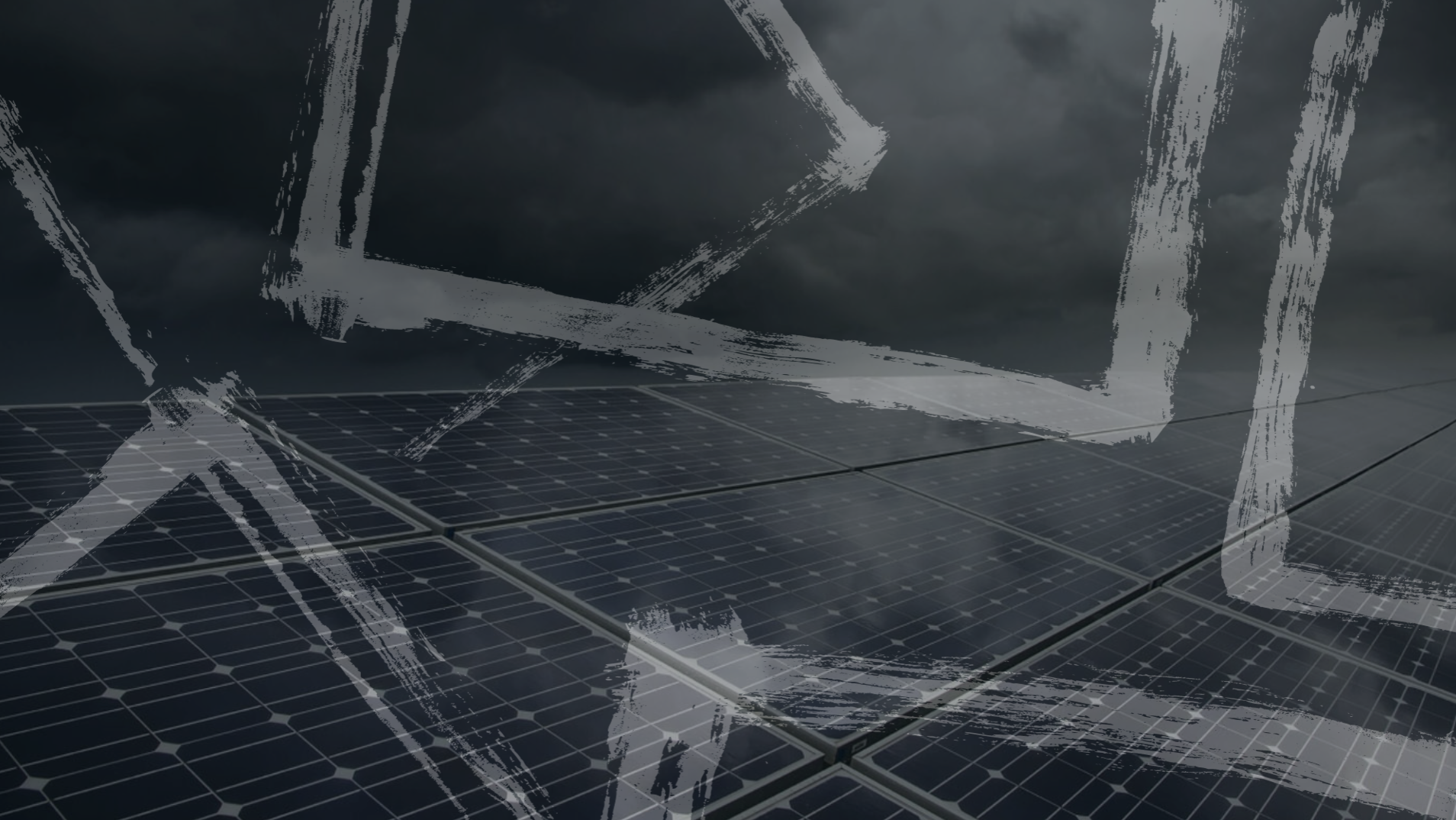
Agri-PV in Action: Real-World Examples from Across the EU
Agrivoltaics the innovative combination of agriculture and solar power is gaining momentum across Europe, offering a win-win solution for food and energy production.

Yes, solar panels absolutely work in cloudy, cold, and even snowy climates.
If you found this article interesting, you may also want to read our related posts below.